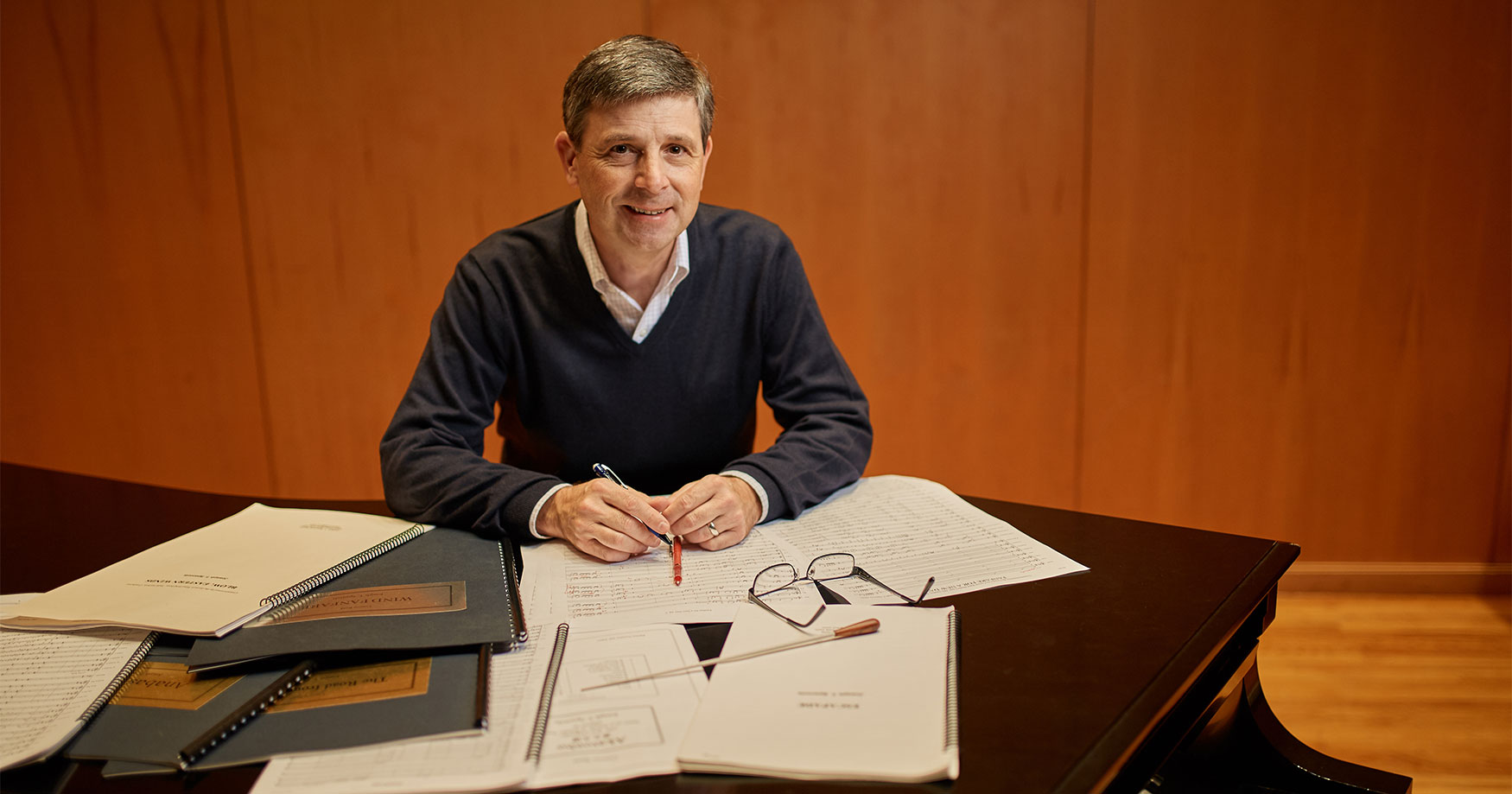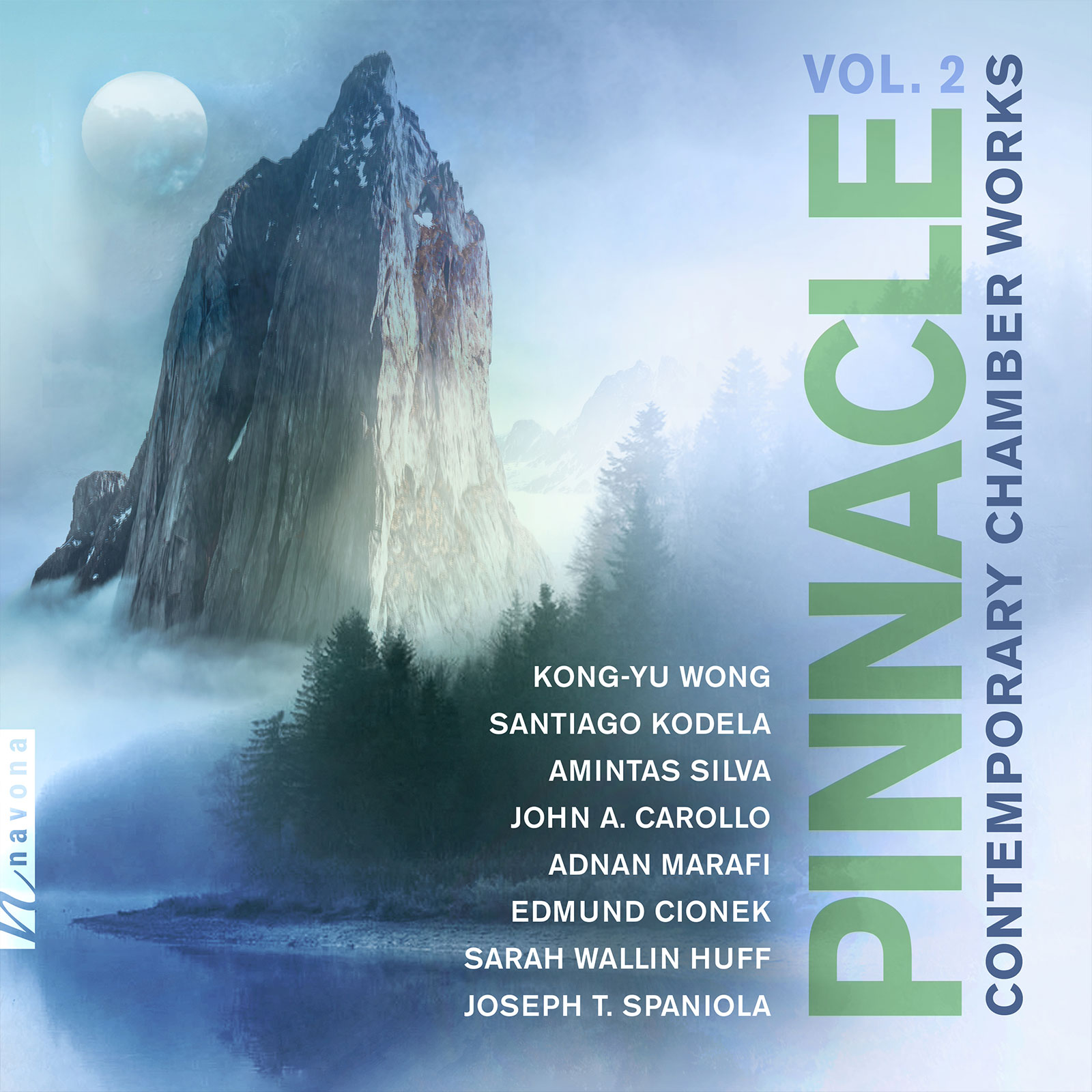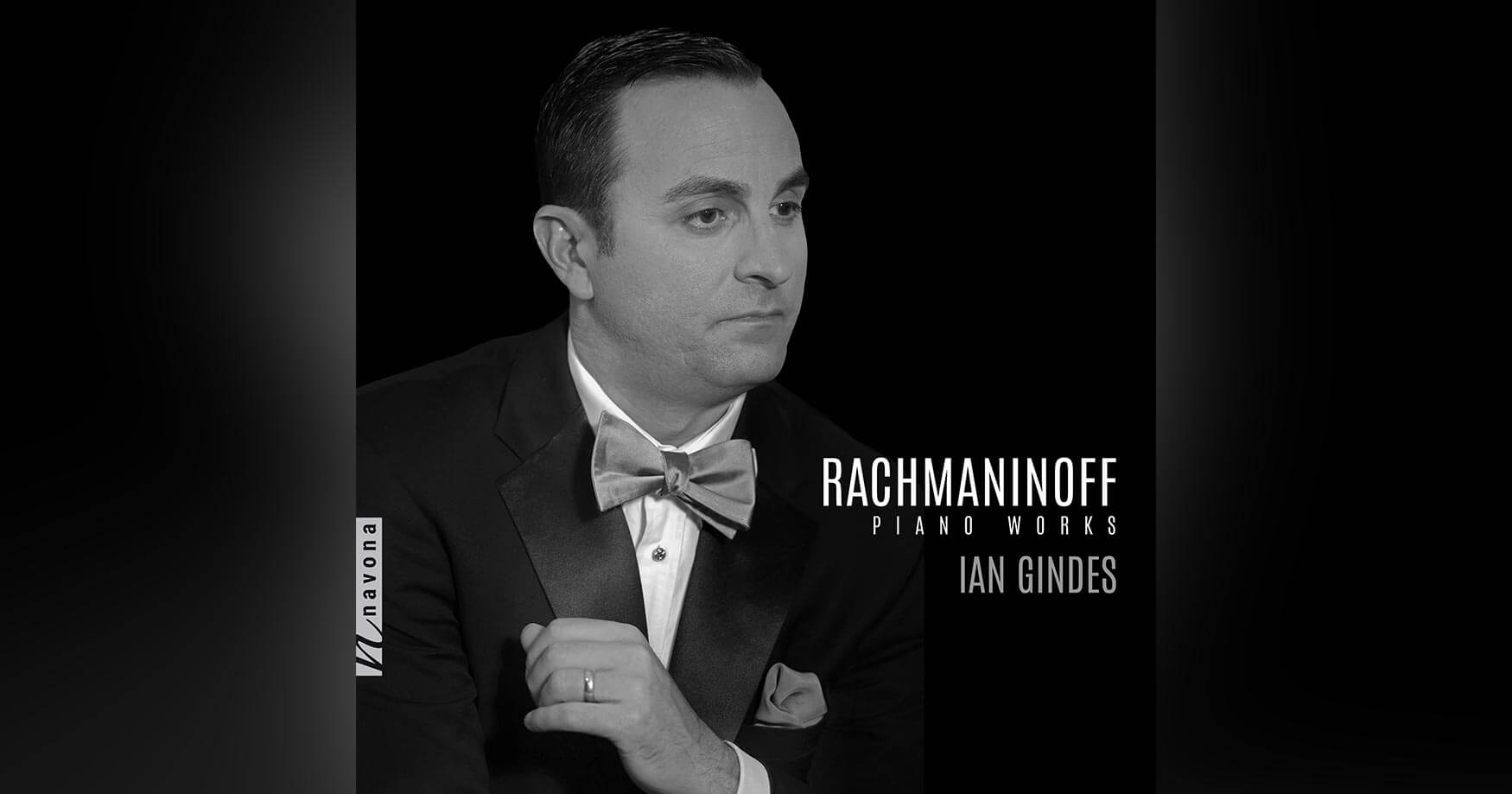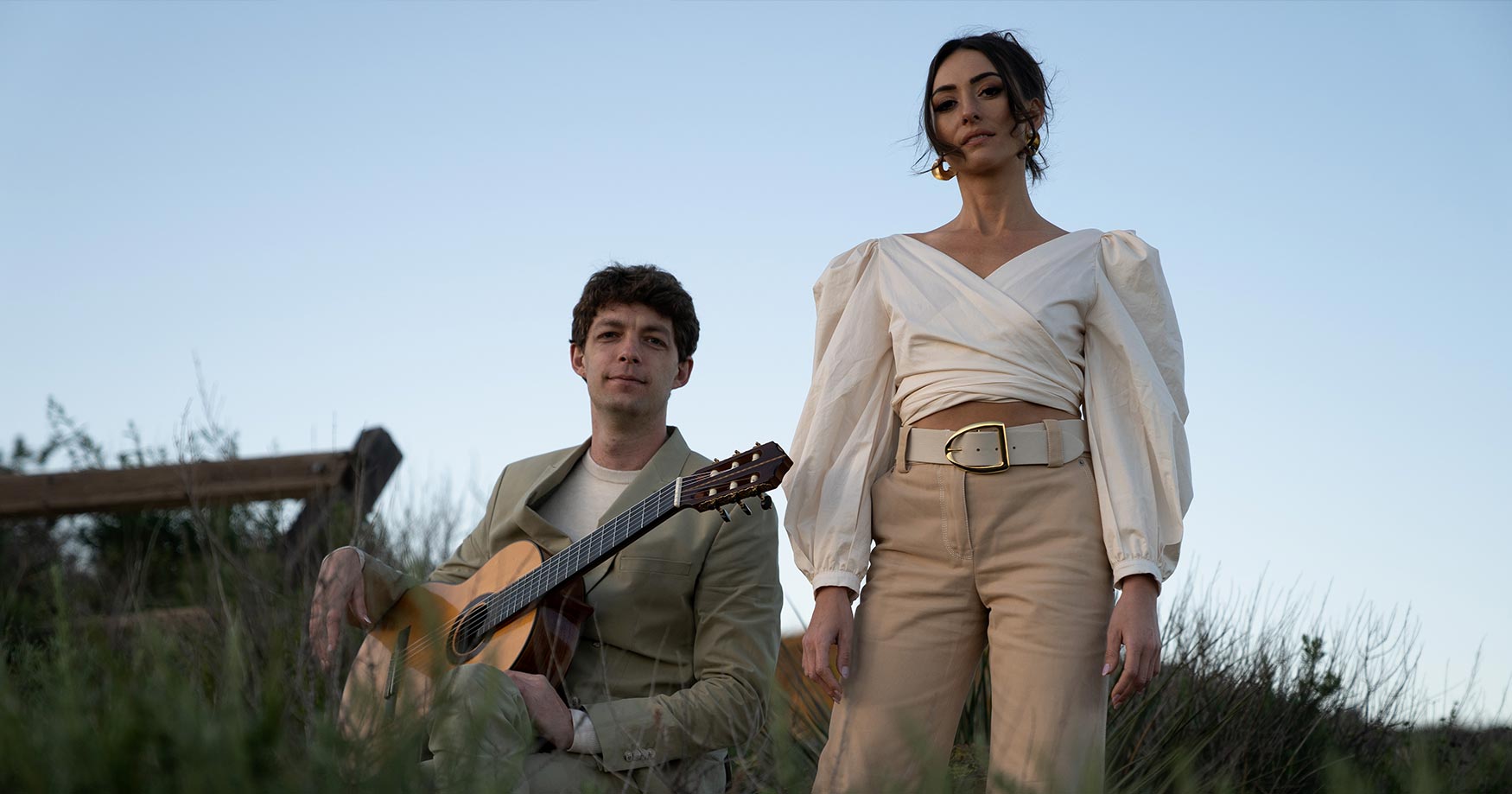Throughout PINNACLE VOL 2, the composers explore the cyclicity of life and nature, highlighting the melodic, emotive, and dramatic styles offered by today’s chamber music. In composer Joseph T. Spaniola’s Armenian Stirrings, powerful imagery is combined with the unique musical and technical talents of Dr. Ani Berberian to create an engaging piece of music.
Today, Joseph is our featured artist in “The Inside Story,” a blog series exploring the inner workings and personalities of our artists. Read on to learn about the moment Joseph realized he was a composer, and the performance scheduling slip-up that led to something great…
Who was your first favorite artist(s) growing up?
My musical interests are broad and varied. In my house growing up, we listened to a lot of jazz. My earliest favorites are Gerry Mulligan, George Shearing, the Four Freshman, Stan Kenton, Marian McPartland, Bobby Brookmeyer, and Cannonball Adderley, to name a few. As I grew, I discovered and was drawn to the music of Chicago, Stevie Wonder, Earth, Wind & Fire, Billy Joel, Toto, and others. At the same time, I was also drawn to the music of Copland, Stravinsky, and Debussy. By the time I graduated from high school, the music of these artists — and so many others — was a part of my daily existence.
When did you realize that you wanted to be an artist?
I started writing and arranging music in my early teens. Writing and arranging was engaging and energizing. When it came time to think about my career path, I was torn between studying business or music. I wanted to pursue something I loved to do; music was — and continues to be – the thing I love to do. During my freshman year at Michigan State University, I attended a master class given by Clare Fisher. I had the opportunity to talk with him one-on-one after the class. He asked me what I was studying. I said, “I wanted to be a composer.” He replied, “have you composed some music?” “Yes,” was my reply. He looked me straight in the eye and said, “you are a composer.” In that moment I realized that I was not “wanting to be,” but I already was a composer — an artist. The exchange had a profound impact on me.
What was your most unusual performance?
I was a trombonist in the American Youth Symphonic Band in the late 1970s. Our last concert of a two-week European tour was in a town outside of Innsbruck, Austria. The performance was at an amazing concert hall, but only one person showed up for the performance. All the advertising for the concert listed the incorrect date. The group was flying back to the United States on the next day, so we could not reschedule. We played the concert for one person, but more importantly, we played for ourselves. It turned out to be one of the best performances of the entire tour.
If you could spend creative time anywhere in the world, where would it be and why?
Creative time in the mountains of Colorado is the first thing that comes to mind. My time in Colorado was one of the most productive periods in my career. I was the Staff Composer/Arranger for The Air Force Academy Band; I went to work and wrote music virtually every day. Even though my workload during this time was extremely full and most often had tight deadlines, I could always find solace in taking a break by taking a hike or being in nature for a while. Afterwards, I felt relaxed, recharged, and refocused, which made it so much easier to be creative. I associate a sense of flow and centeredness with being in the mountains, and in that state, I can be creative and productive.
What was your favorite musical moment on the album?
It is difficult to select one moment. It was a pleasure working with Rane Moore and Yoko Hagino on all of Armenian Stirrings. Should I choose the bustling energy contained in I. Blue Moon, the ultimate release conveyed at the end of II. Alexandria Oror, or the exhilaration of coming into the light in III. Through the Darkness, a Light? It is the amalgam of these and other moments that resonate for me.
Is there a specific feeling that you would like communicated to audiences in this work?
The magical thing about music is that everyone responds differently to what they encounter while listening. Rather than trying to convey something specific, I believe the most impactful music conveys something more universal. This leaves room for the individual to bring to mind their personal thoughts, emotions, and experiences to actively collaborate with or tap into what is in the music. Thus, each person’s response is unique and personal while still connected to other’s responses on a more universal level. This requires active listening. So, my hope for everyone in the audience is to actively listen to this work — and all music — and be open to where the experience takes them.
Explore Joseph’s Latest Release
PINNACLE VOL. 2
PINNACLE VOL. 2 is available now from Navona Records. Click here to visit the catalog page and explore this album.




